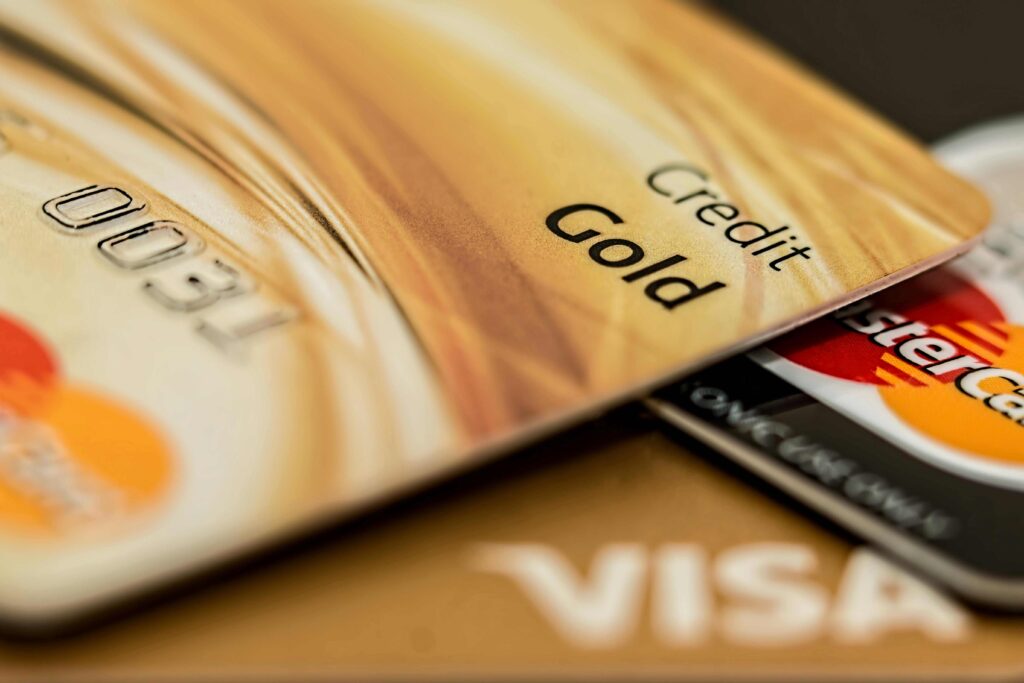Success is a word that is often misused or misinterpreted and is known to be highly controversial, with little or no context available. Growing up, we all wanted to be successful adults, but we didn’t have a clear definition of what this meant as we looked forward to what life had to offer.

Introduction
We all wanted to be the best either in a particular subject or an overall course, with no clear definition of what we wanted out of these life achievements. We then strive to be the best, not for any other reason but to be termed as successful, for others to admire and recognize. Although this was good and reasonable to some extent, we went about this with little or no depth as to why and what real success was all about.
I remember entering the university with the mindset of completing my undergraduate education with a first-class degree. I wanted to achieve this, and I followed various steps and principles to accomplish it. This is indeed an incredible feat and a great accomplishment, but to what end, hence the question of why and identifying the place of purpose in success and achievements?
Table of Contents
Accomplishment
This primary refers to setting one or more goals and going all out to achieve them. They are often tangible, with review and evaluation easily carried out to know if this goal was achieved or not. For example, I want to have ten thousand dollars in my account at the end of the year. If completed, one can tell by taking a quick look at their bank account.
There is usually a misconception between accomplishments and success. Even when others can see great feet and achievements all around you, it might not necessarily mean success. Therefore, we can be accomplished in our education, career, business, finances, or another area of interest but may not be successful. Due to our achievements, we sometimes look down on others, not realizing that they, too, could be successful and not necessarily achieve the feat that we are currently showcasing and are readily happy about.

Success
This concept is somewhat complex and not just about achieving one’s set goals. It is often a time personally defined, featuring several levels of accomplishments in one’s life. Success then refers to focusing not just on the present but on lasting legacies, overall well-being, and activities that drive purpose and fulfillment.
Victory is not just about being the wealthiest person in the world or the best in your career or business, but it is deeper than that. It is rather based on what you define it to be than just getting validations and the views of others. Therefore, comparing individuals might not reveal the true affluence of each, and stating that one is more successful than the other is a questionable statement, as life and purpose are entirely different.
I am not saying we should not aim to be the best at what we do or always strive to do better. However, we should also recognize that life does not end with our accomplishments but rather with understanding the more profound meaning or purpose behind them. This insight prevents us from undue pressure and comparison and helps us focus on our purpose, even if it seems that we don’t excel in it or that our colleagues or friends have advanced in a particular area. It also helps us understand our season and stay on track in our purpose or lane.
Why does success matter
Success drives purpose
Success goes beyond recognition and applause. It goes on to something more personal and deeper, helping you determine what truly matters to you and embarking on a personal journey towards life fulfillment. It brings one’s passion, purpose, gifts, and talents to life without seeking any form of validation. It also prevents one from living in a cliché of being the best in a particular area, but rather striving for an overall best version of oneself.
Success brings Liberalization
Liberalization is what distinguishes a successful and accomplished person. True prosperity gives you the liberty to choose life on your terms rather than what people consider life to be. It helps you to live your best life, stay more focused on your calling, and not just go everywhere or do anything that life throws at you. It provides a better platform for opportunities and choices on what to pursue and what not to do while not underestimating what others are doing, as it might be their purpose as well.
Success drives Influence
Success, like accomplishment, drives a place for encouraging others to be better versions of themselves. One could be shocked at how much value and Influence we can have on our friends, colleagues, and even family members, let alone outsiders when we take a step back to fulfill our purpose.
It spurs a sense of relevance and creativity, providing a better environment in which we can all thrive.
Success yields transformation
Purpose is considered a primary catalyst that brings change. It helps one bring purpose to life, making them distinct, creating better ideas for problem-solving, and establishing things of value not just in their immediate environment but also for the community at large.
Success brings Inner Peace.
Show me a successful person, and I will see a person filled with joy and happiness. Although these qualities are often abstract, everyone around them will feel the aura. They carry themselves with great delight, knowing fully well that they are in a great place and contributing their quota to humanity and life in general.

How to Attain Success
We now understand that there is an immeasurable and personal level to success; hence, the steps below could help spur us to achieve great fulfilment.
Obtain Clarity
When we have a clearer picture of our calling, it becomes much easier to know what to do to be successful in fulfilling it. Clarity spurs from a personal perspective, asking ourselves what afflence would look like to us. Is it when I have a family with well-raised children, or when I can train others to become better, or as vague as making the world better than how I met it?
This step is the most critical, as it requires a considerable level of thinking and understanding while evaluating one’s values, beliefs, and religion. This step requires a significant amount of time, as it helps one gain a clear understanding of their trajectory: recognizing what life has to offer and what they have to give in return.
Goal setting
Now that we know where we are going, we can then set targets to help us get there. It is important to note that we may not share the same vision or purpose, but we meet in a shared goal. We could achieve similar milestones, such as pursuing the same course or study or advancing in our respective careers. Still, we will never forget the importance of staying true to our personal and individual goals.
Acquire Skills
The journey to fulfilment requires us to continually improve by acquiring skills that can help us achieve our dreams and purpose. Attending a school for formal education or taking personal training can help us achieve this. However, it requires a great deal of sensitivity to recognize that one needs to improve daily.
Believe in yourself
Trust that you can get to a place of fulfillment of purpose. It is essential to reaffirm yourself, celebrate the small wins, and make room for failure —not as a reason to abandon the plans but as a means to become better. Staying true to this purpose with discipline, integrity, and trust.

Support System
In as much that we want the glory tagged to us, there is a need to get support and buy-in from others not entirely on your purpose but instead on some short-term or long-term goals as no one is an island, and we usually cannot know it all. This support system will provide a guide to achieving some of our goals, which could ultimately contribute to our fulfilment.
Conclusion
Accomplishment is sweet and entirely good as it could give us a place of self-worth in the short run, but chasing them might eventually make us achievers rather than wealth. Being successful is not just about achieving but rather a state of fulfillment of destiny or purpose that ultimately drives happiness, joy, and significance.
Success is also not viewed based on others’ perspectives but preferably on one’s personal view, ensuring that we make life a better place and fulfill our purpose, keeping us in a state of happiness always.
Reference
12 Smart Answers to “What Is Your Greatest Accomplishment?
Intimidation a Setback to Growth and Fulfillment – Bravuralope.com






